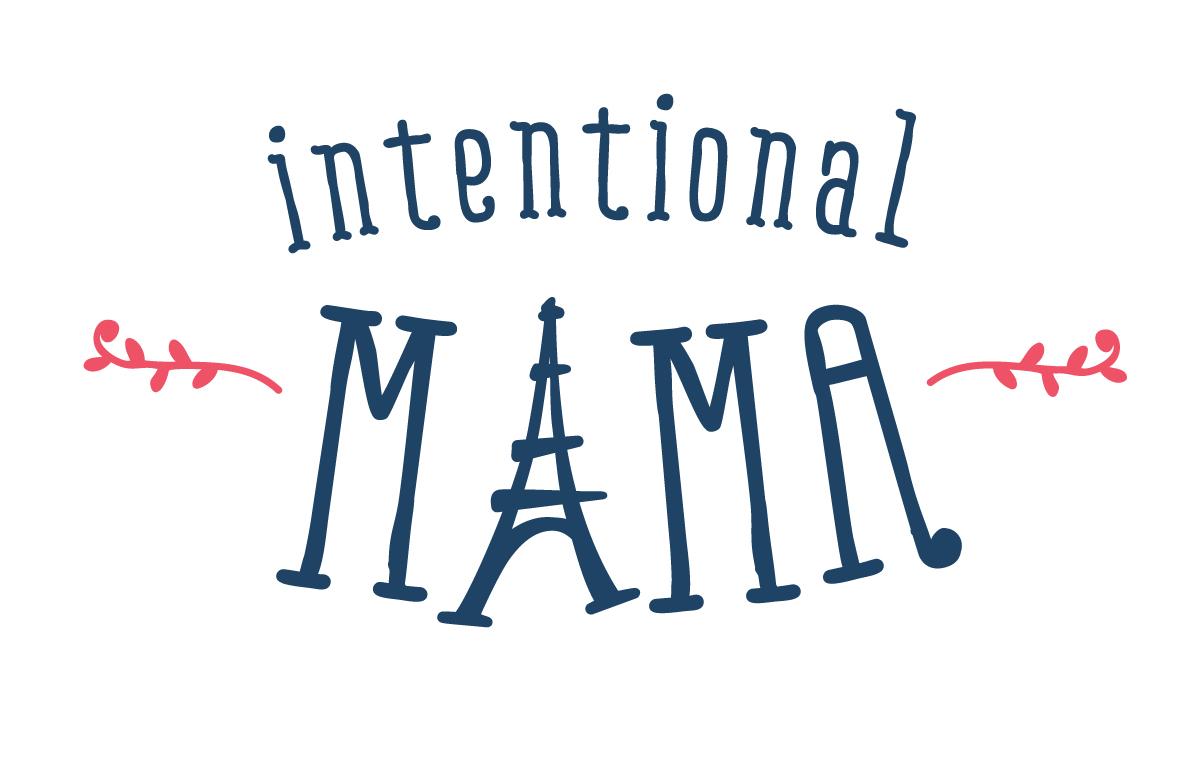Remembering Easter in France: Church, Chimes, & Chocolate
This week between Palm Sunday and Easter, Holy Week, brings back my memories of Easter (Pâques) in France. During my first exchange in France ten years ago, I lived on the campus of a Protestant theology school in Aix-en-Provence. (That's unusual for a homestay situation, but my host parents were employed there.) On Easter morning, a French friend drove me to an outdoor Easter sunrise service in a nearby village; the sunrise was glorious and I appreciated the opportunity to celebrate the resurrection of Christ with a small group of wonderful French families.
The dorms and housing at the Fac de Théologie in Aix-en-Provence
Afterwards, my host maman, host soeur and I had lunch at a friend's home where we enjoyed a meal featuring a succulent roast lamb--the first time I'd ever tasted lamb. (I'd been vegetarian for a few months before I lived in France, but chose to expand my eating preferences to educate my taste buds and to make meal preparation easier on my host family. I've eaten meat ever since.) The lamb was far better than the mutton (aged sheep) I ate in England!
Lyon, France: I lived in the yellow building to the right of the cathedral
The view from my bedroom in Lyon
Four years after my home stay in Aix, I returned to France and lived with a host family in Lyon. My bedroom window there overlooked the ruins of a church built just a few centuries after Christ's resurrection. My window also faced the bell tower of a five-hundred-year-old cathedral whose bells were rung promptly at ten a.m. every Sunday. I never minded--in fact, I loved opening the windows wide to let the bells' peals fill the room. On religious holidays like Easter, all the bells in the city seemed to be exuberantly chiming and clanging and echoing off my walls and throughout our apartment. The volume of the resounding bells made me feel so alive!
In much of Europe, parents tell children that the church bells fly to Rome in the days before Easter, and when they return, they bring colored eggs and chocolates. The French confiseries (sweet shops), however, fill with chocolates many weeks before Easter. As an American, I was surprised to see not only chocolate eggs and bunnies, but also chocolate bells, chickens, dolphins, lobsters, fish, and seashells, some of which contain smaller chocolates inside.
French chocolate Fish, Lindt bunny, and pain au chocolat by Hugovk
French confiserie Cadillac; photo by Frédérique Panassac
My host family and I spent Easter break at a chalet in the Alps. (Many middle-class French families own a vacation home; France has the highest rate of second home ownership in Europe). On Easter morning we loaded into the family van to descend the winding roads to a tiny Catholic church, and arriving late, we were forced to squeeze into the balcony alongside other latecomers who struggled with us to hear the liturgy below. In the afternoon we had a gleeful indoor hunt with the children for mini foil-wrapped chocolates.
A fairly typical chalet; photo by Paul Monserrat
Religion in France Today:
France has been officially laïque (secular) since 1905, and the interpretation of that law separating church and state was a pressing issue when I was in France. An influx of Muslim immigrants, both legal and illegal, brought the specifics of religious rights--especially dress--into question. Should the head-to-toe burkqa be allowed? (Clothing that hides one's face is no longer permitted in public there.) Should girls be allowed to wear a hijab in school? (Teachers are forbidden to wear religious symbols such as cross pendants.) Roughly 10% of the French population is Muslim; 35% is atheist, and somewhere between 10-33% are agnostic, meaning they believe in God but also believe His nature is unknown. (The percentages are rough estimates because France forbids data collection about religious belief.)
In America, a "Christian" generally refers to someone who has Protestant beliefs, but If you say that you are Christian (chrétien) in France, the French will likely assume you are Catholic, as less than two percent of the French are Protestant.
Notre-Dame de la Gorge, Rhône-Alpes, France by Bernard Blanc
If you are interested in praying for France, you might be surprised to know that a Facebook group exists for that purpose. You can also find a wealth of religious facts for nearly every country, including France, at OperationWorld.org.
Joyeuses Pâques, mes amis!
What Easter traditions does your family have? If you've spent Easter in a country other than your home country, what traditions existed there?
